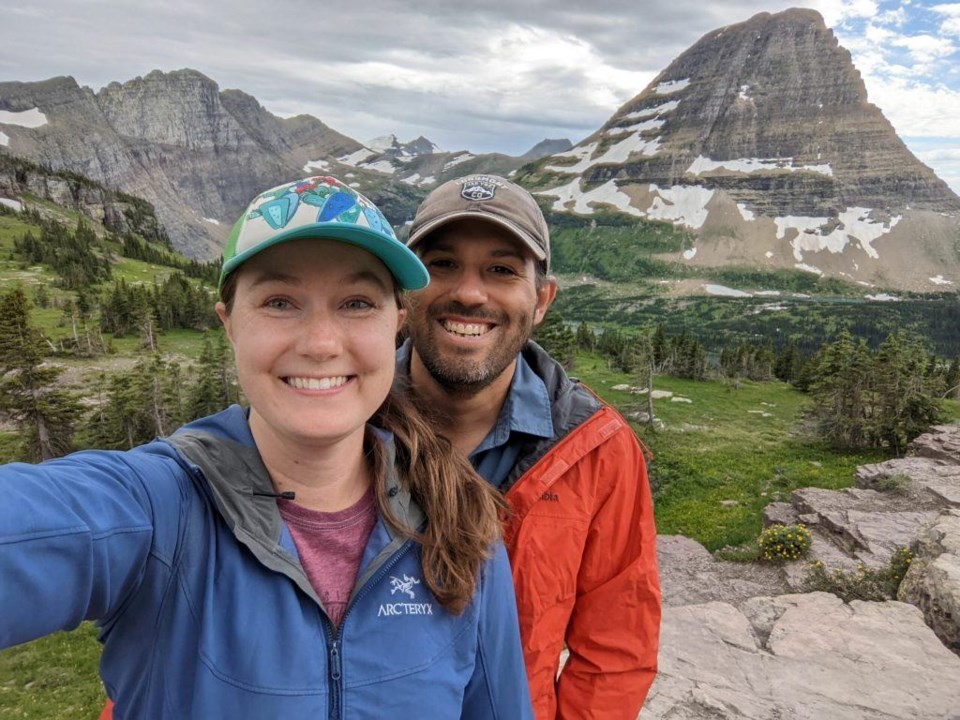Longmont couple, Ellen Anderson, a licensed speech-language pathologist, and Sergio R. Angeles, executive director and general manager at Longmont Public Media, have come together to create Verbadem, an innovative platform that aims to transform the speech-language pathology field.
Verbadem provides an all-in-one solution for speech-language pathologists, or SLPs, enabling them to record and upload language samples, transcribe them automatically, analyze the data and monitor client progress over time. The platform offers an array of features that aims to simplify and accelerate the language sample analysis process, freeing up time and resources for SLPs.
Anderson currently works as a school-based speech pathologist for the Boulder Valley School District and has experience working in a clinical setting. Before the development of Verbadem, Anderson explained that she would collect audio recordings or listen to her clients and write down everything they said.
"It was really frustrating because I always wished there was a way to just record and use speech-to-text or something to have the sample I was trying to write down," Anderson said.
Angeles is responsible for the technical coding aspects of the platform, while Anderson has provided her expertise in speech pathology.
"I learned everything about speech pathology from Ellen, actually, during the pandemic. We were both working remotely, and that's when I got to appreciate what she does and how she helps students.”
Verbadem concentrates on analyzing the language used by clients in order to help SLPs better understand their client’s strengths and areas for improvement. Anderson notes that Verbadem is primarily concerned with language use rather than the audio recordings themselves.
"Language is looking at the words and sentences that you're putting out there, while the speech part of what we do has to do with the sounds of language," Anderson said.
Angeles pointed out that other speech-to-text technology is primarily a platform for recording voice notes, Verbadem is designed specifically for SLPs to record, transcribe and analyze language samples.
"One thing that's really nice about it, and what makes it different, is that we're working with children. A lot of times, speech-to-text for children is not great because it’s harder for technology to understand them," Anderson said.
Verbadem currently supports only English, but Angeles hopes to expand the platform to accommodate other languages in the future. This expansion is particularly significant given that Anderson is a bilingual speech pathologist, fluent in both English and Spanish. By tailoring the platform to the requirements of SLPs and working towards multilingual support, Verbadem intends to become a valuable tool for professionals in the field.
After spending nearly a year getting the platform ready for use, Verbadem was recently released as a private beta. The couple aims to refine Verbadem based on user feedback, eventually turning it into a paid product that continues to support and enhance the work of SLPs.
“We're trying to get speech therapists and speech-language pathologists to use the app for free, give us feedback, and see what they like and don't like about it so that we can keep improving," Angeles said.
By creating Verbadem, Anderson and Angeles ultimately hope to make the lives of SLPs easier, allowing them to focus on their client’s needs, whether in a school or a clinical setting.



